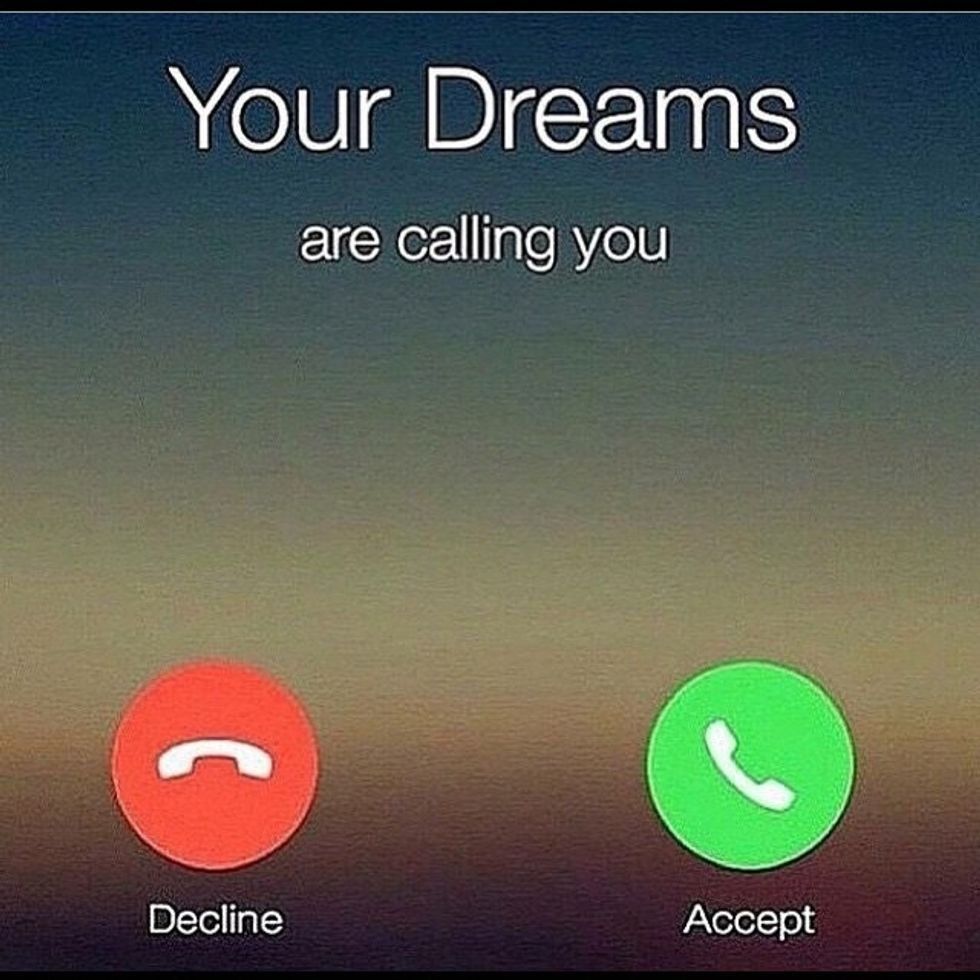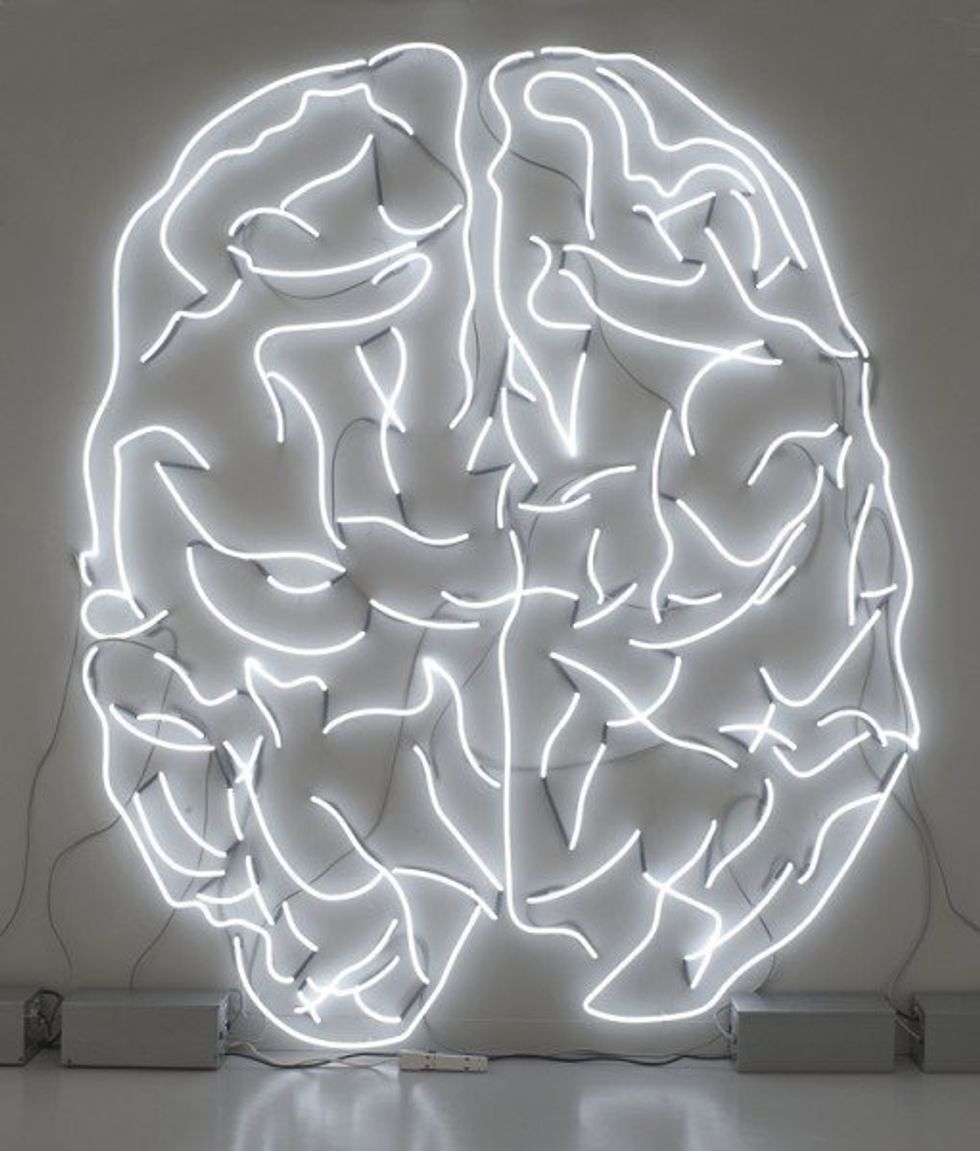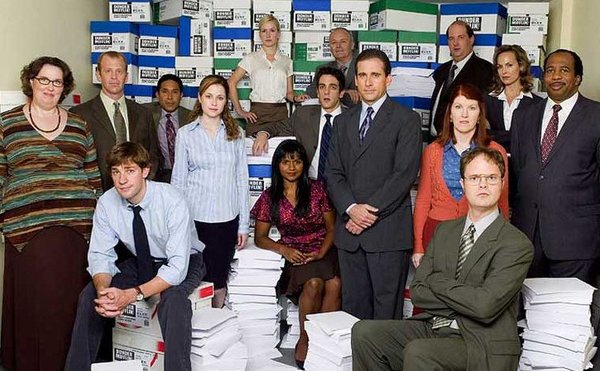Born Cassius Marcellus Clay Jr. on January 17, 1942, he would eventually go on to be the most notable boxer of all time. He was the first and only boxer to win three lineal world championships, defended his title 19 times, he is an Olympic gold metal winner and consistently ranked as the best boxer of all time. Nobody had the attitude toward their sport in such a controversial time for black people. He professed his beliefs openly and publicly without fear of retribution--often times using his boxing press conferences to address social and political issues. His legacy extends much further and in many more directions than many people come to realize. Not only was he the greatest boxer of all time, but he was also a devout humanitarian, civil rights advocate, poet and actor--and a look at his legacy reveals much more.
As a Boxer
Many regard Muhammad Ali the best, or second best, boxer of all time--second only to Sugar Ray Robinson who undoubtedly has a much better record. His unorthodox style of fighting resembled that of a lighter, much quicker fighter. He threw punches at a speed that the men of his weight could not keep up with. He embodied "Float like a butterfly, sting like a bee." Winning his first tittle at 22 in an upset with 7-to-1 against his favor, he would continue to tear the league apart with such finesse and agility. Many think Ali's strength was his raw punching power, but in fact it was his ability to continually throw such punches in late rounds while dodging combos and taking blows that would knock anyone else down.
Not only was he an amazing fighter, but he was also was of the most grandiose fighters outside the ring. He was known for starting fights before matches, mouthing off to opponents and yelling at journalists. Some of this was warranted, as he was the best--often referring to himself as "The King" or "the greatest boxer alive," and because of this, he was one of the most fun boxers to watch. He truly was an entertainer.
Just as his career was reaching its prime, he was called to register for the draft for the war in Vietnam. He publicly refused to be drafted and faced federal crimes on the basis of his morals. His resistance caused him to be banned from boxing by the New York State Athletic Commission, and stripped of his championship by the World Boxing Association. By taking a stand he showed everyone that he was a man of principle. He gave up the prime of his career because it greatly conflicted with his morals. His refusal to register for the draft showed his political and civil rights side.
As a Civil Rights Figure
One thing that changed the sports world was his reluctance to be drafted for the war in Vietnam. He was greatly opposed to the war, saying: "Shoot them for what? They never called me n***er, they never lynched me, they never put no dogs on me, they never robbed me of my nationality, shoot them for what? How can I shoot them poor people? Just take me to jail!"
One of events that led to Ali not acknowledging the draft was his conversion to Islam in 1964, partially because of his deep friendship and admiration of Malcom X. He aligned himself with young black visionaries who sought a better future without oppression and discrimination. He often spoke about the atrocities occurring in black communities and preached for an end to the violence by the government.
In the face of a silencing opposition, Muhammad Ali fought back with his words and influence which eventually put him under the surveillance of a U.S. Government organization--the NSA.
As a Humanitarian
Not only was he a skilled fighter and a champion for civil rights, he was also a humanitarian leader. To put it in perspective, a list of his accomplishments would be too long to list in any piece--but he does have some acknowledgeable ones.
After his diagnosis of Parkinson’s disease in 1984, he launched the Muhammad Ali Parkinson Center in Phoenix, Arizona in order to help treat and find a cure to the disease that had begun ravaging his once powerful body.
In 1998, he was chosen to be a United Nations Messenger of Peace. While holding the position, he traveled to many impoverished countries looking for ways to provide support for struggling regions.
Muhammad Ali sacrificed much comfort and endured much pain his entire life. He could've entered the draft and continued his boxing career during his prime, but chose not to as a show of morals, and to inspire those who were also upset with war and violence. He could've just made millions, but he chose to donate much of his money and time to helping those in need. He is a symbol for people everywhere that oppression can be overcome and succeed in a realm of failure. Muhammad Ali was more than a man--he is a legend.
















 Photo by
Photo by 









